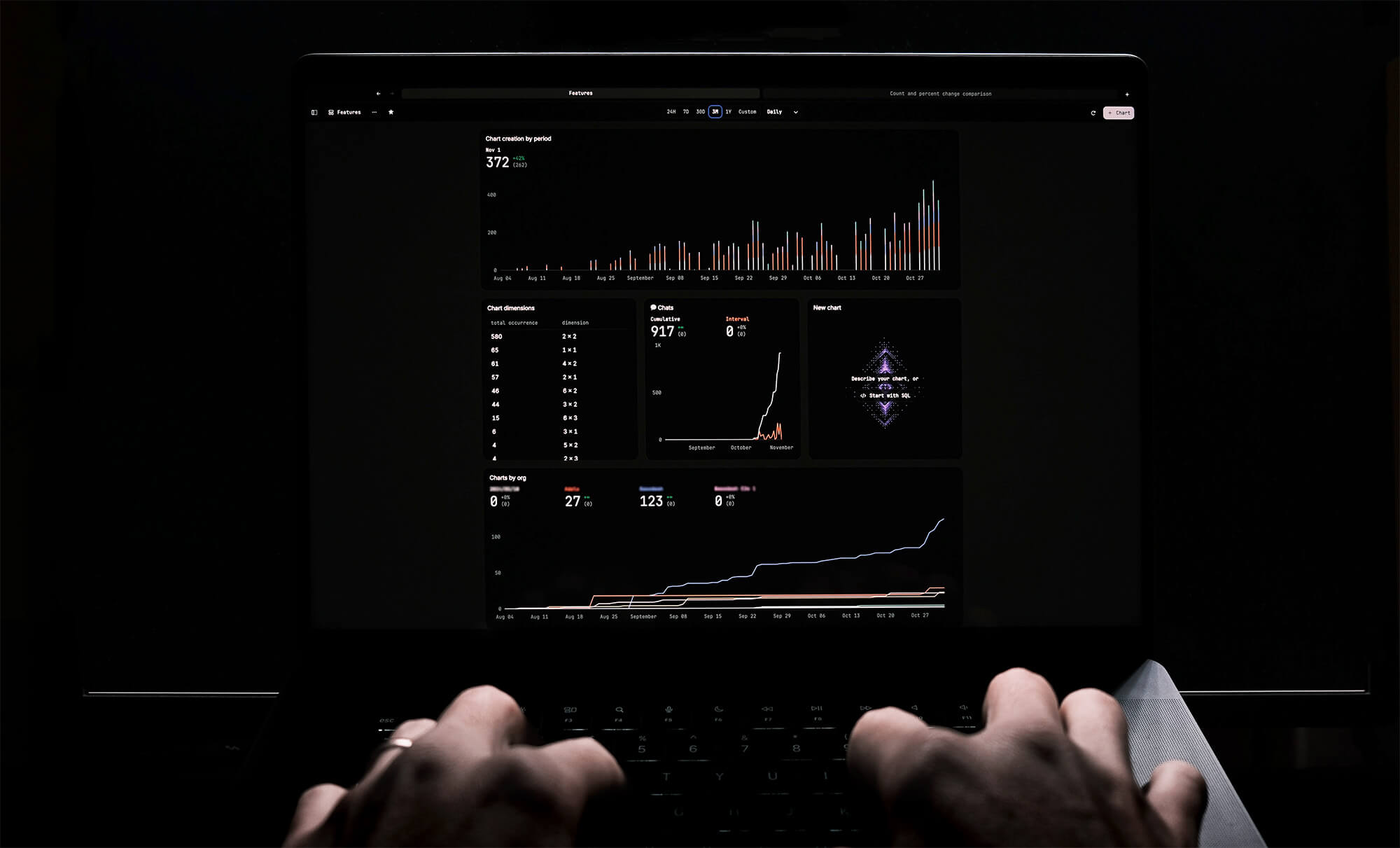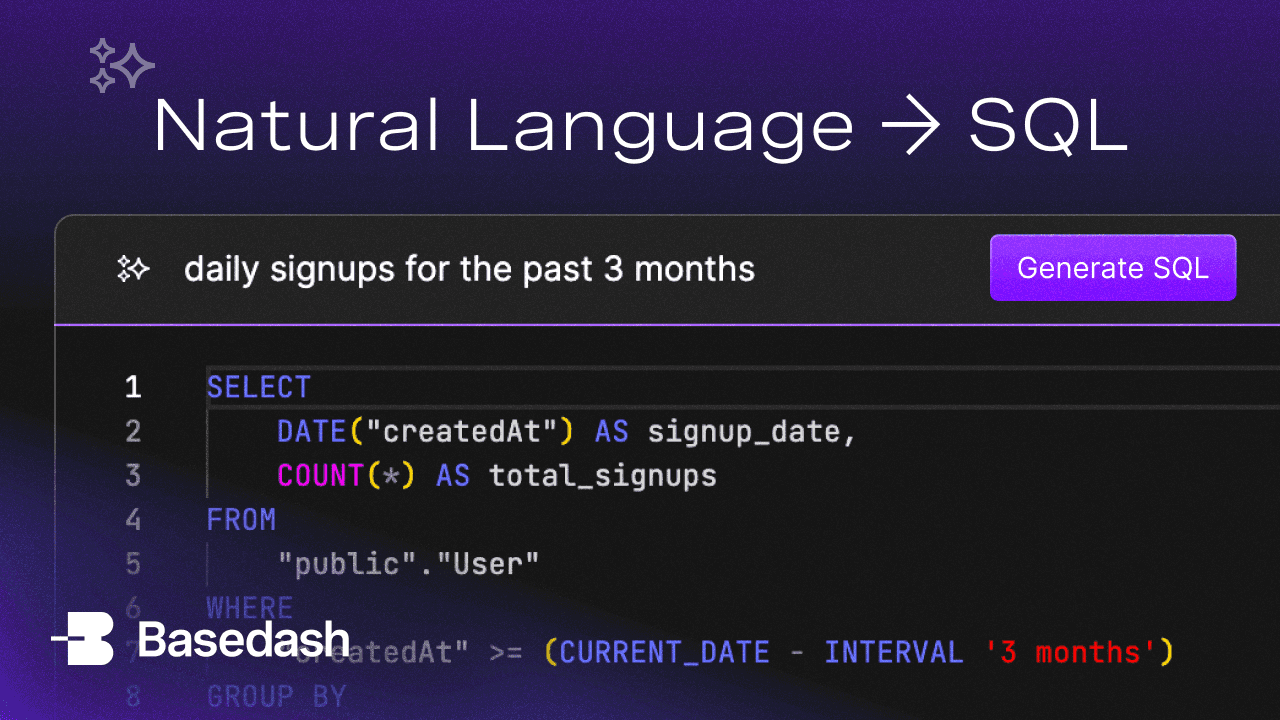
How to handle ownership in an early stage startup
At Basedash, there seems to exist a well-defined, recognizable hierarchy of power, which paradoxically seems to always be blurred, and hidden behind a shared pursuit. I’ve always been skeptical of the idyllic notion that a shared mission will take care of any issues that arise when trying to organize teams. But there seems to be something deeply powerful about a lack of set-out power and responsibility when a team is as small as ours. With a team of 5, we have the luxury of being able to move from a strict hierarchy of responsibility, towards a free-for-all, do-what-you-find-most-important culture, in order to build our product as fast as possible.
In our discussions, anyone’s opinions are as valid as our founder’s. We often give more leeway to our designer over our founder in terms of when a feature is considered “finished” and ready to ship. At Basedash, ****it feels as though it is not just our founder’s company and product, but each person’s company, and what we create is each person’s product. Each member of our current team of 5 can dictate what they think is the best direction to take, and put care and consideration into growing the competencies of the company that most align with their interests and skills.
There’s also something deeply wonderful about having someone who we know at the end of the day has the final say, when needed. We have the freedom to discuss the company’s direction, as well as other essential decisions, but when we need to move, and continue to ship, there is great momentum given to us by our founder being able to (gently) put his foot down as need be. Each person has an equal footing with the founder, but, when need be, everyone acknowledges that the founder can make the final decision when things get hairy. The founder can keep everyone glued together, towards building something specific, in case we all want to pull the direction of the product in contrasting directions.
Each team member, based on their interest, can take the lead on what they believe is important to the company’s growth. Our designer helps immensely with leading our marketing efforts, while our engineers like to focus on ensuring that only high quality code persists in the codebase, whether that be improving our typings, or optimizing the code base.
I’ve learned that in a startup, one of the most important qualities in the first team members is ownership—having incredibly bright, kind people who join your small team, that are given the freedom to feel, care, think deeply, and make decisions about the product as if it were their own. It’s an incredibly powerful quality to a startup which feels like magic when a company has it, and feels like a vast, existential emptiness, when a company lacks it. I am incredibly glad that in our team at Basedash, it feels like nothing but the former.
Invite only
We're building the next generation of data visualization.






